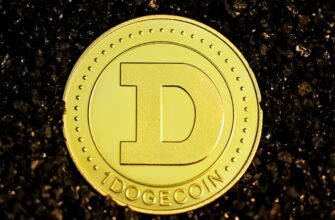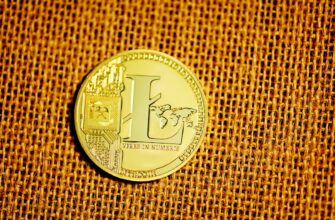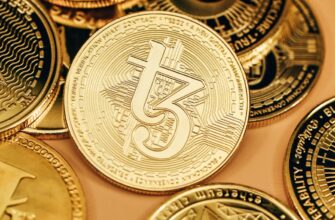What Is a Crypto SRO?
A Crypto Self-Regulatory Organization (SRO) is an independent entity established by participants within the cryptocurrency industry to create and enforce rules, standards, and best practices. Unlike government-mandated regulators, Crypto SROs are formed voluntarily by exchanges, blockchain projects, and other stakeholders to promote transparency, security, and trust in the rapidly evolving digital asset space. Examples include the Global Digital Asset & Cryptocurrency Association (GDACA) and the Crypto Council for Innovation.
Why the Crypto Industry Needs SROs
The cryptocurrency market faces challenges like fraud, market manipulation, and regulatory fragmentation. Governments struggle to keep pace with innovation, leading to inconsistent regulations. Crypto SROs address these gaps by:
- Providing industry-tailored guidelines
- Enhancing investor confidence
- Reducing reliance on slow-moving government policies
- Fostering collaboration among stakeholders
How Crypto SROs Work
Crypto SROs operate through member-driven governance. Key functions include:
- Rulemaking: Developing anti-money laundering (AML) protocols and trading standards.
- Monitoring: Auditing members for compliance.
- Dispute Resolution: Mediating conflicts between users and platforms.
- Education: Offering resources for safe crypto adoption.
Benefits of Crypto SROs
- Agility: Faster adaptation to technological changes than traditional regulators.
- Industry Expertise: Rules crafted by practitioners, not bureaucrats.
- Global Coordination: Bridging regulatory gaps across jurisdictions.
- Market Legitimacy: Attracting institutional investors through standardized practices.
Challenges Facing Crypto SROs
- Enforcement Limitations: Lack of legal authority to penalize non-members.
- Fragmentation: Competing SROs may create conflicting standards.
- Adoption Hurdles: Convincing decentralized projects to participate.
- Balancing Act: Maintaining innovation while ensuring compliance.
Examples of Crypto SRO Initiatives
1. Global Digital Asset & Cryptocurrency Association (GDACA): Focuses on AML compliance and consumer protection.
2. Crypto Council for Innovation (CCI): Advocates for pro-innovation policies and collaborates with governments.
3. Japan’s JVCEA: A government-recognized SRO enforcing exchange security standards.
The Future of Crypto SROs
As governments explore “regulated decentralization,” Crypto SROs may become critical partners in shaping policies. Expect hybrid models where SROs handle day-to-day oversight, while regulators focus on systemic risks. Success hinges on cross-border collaboration and integration with DeFi platforms.
FAQs About Crypto SROs
Q: What does SRO stand for?
A: Self-Regulatory Organization—a non-governmental entity that sets industry-specific rules.
Q: How do Crypto SROs differ from the SEC?
A: SROs are industry-led and voluntary, whereas the SEC is a government agency with legal enforcement power.
Q: Can Crypto SROs regulate DeFi platforms?
A: It’s challenging due to DeFi’s decentralized nature, but some SROs are exploring governance token-based frameworks.
Q: Are SRO rules legally binding?
A: Only for members who voluntarily join. Non-members aren’t obligated to comply.







